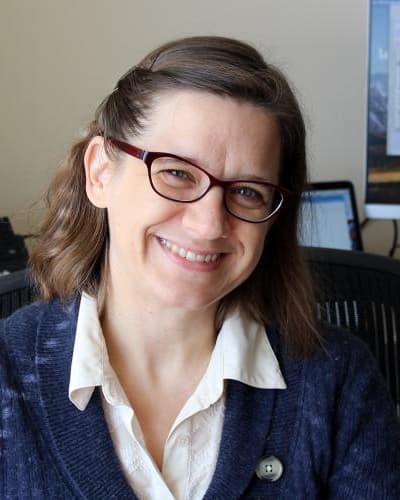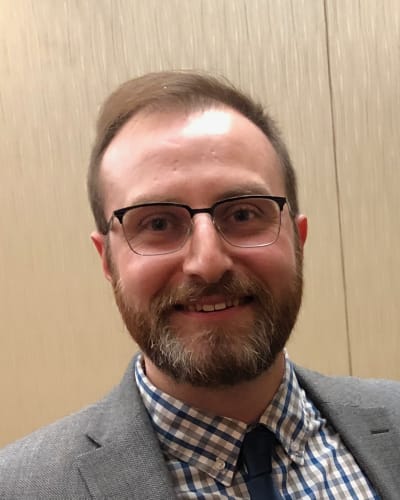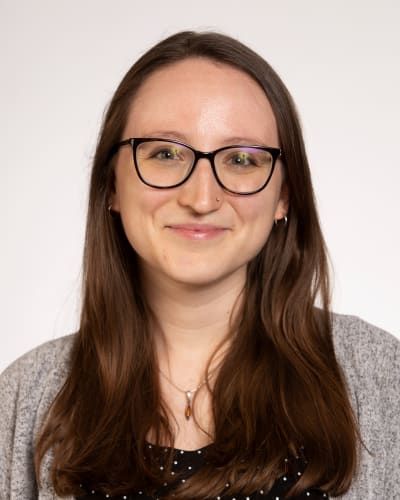Papers: Metadata Models, Services, and Ethics
- Starts at
-
03 Oct 22 20:00 UTC - Finishes at
-
03 Oct 22 21:30 UTC - Venue
- Virtual Conference Room A
- Moderator
- Karen Wickett
Moderator
-

Karen Wickett
University of Illinois Urbana Champaign
Karen M. Wickett is an Assistant Professor in the School of Information Sciences at the University of Illinois. Her research areas include information organization, metadata, knowledge organization, and data modeling. Dr Wickett is most interested in the analysis of common concepts and data models in information systems. Examining the assumptions and models behind these systems and artifacts can reveal bias and help us understand the role of information systems in societal oppression.
Presentations
An OLAC Perspective on Services: The Forgotten Language Resources
Authors: Hugh Paterson III
This paper explores criteria for using the DCMIType "Service". It does this by illustrating examples relevant to linguists and miniorty language communities. It further then contextualizes the discussion by applying the Dublin Core based application profile use by the Open Languages Archiving Community.
-

Hugh Paterson III
University of Oregon & University of North Texas
Hugh Paterson III has a MA in linguistics and has worked with SIL International’s Language & Culture Archives for several years. He writes for broad audiences in which readers may not be subject specialists. Currently he seeks to collaborate with institutions which desire to make their language resources more discoverable. He currently has affiliations with the University of Oregon (Eugene) and the University of North Texas (Denton).
OCLC’s Model in WorldCat: A Focus on Relationships
Authors: Michael Phillips, Jeff Mixter, Kathryn Stine
Conceptual models are a key component to holistically understanding data and using it in end-user applications. They provide an understandable roadmap for exploring, visualizing, and surfacing information. Library reference models serve a similar purpose by describing component parts of bibliographic materials that can help users find materials that fit their specific information needs. This work presents OCLC’s thinking in how to adapt the traditional Works, Expression, Manifestation, and Item (WEMI) model in WorldCat based on experiments with WorldCat bibliographic records.
-

Michael Phillips
OCLC
Michael Phillips joined OCLC as a Vocabulary Specialist in 2021 . He is currently dedicated to the development of the WorldCat Ontology, a semantic framework intended to underpin future linked data initiatives at OCLC. His work focuses on linked data, ontologies, taxonomies, and bibliographic conceptual models. He recently began serving as an OCLC liaison to the ALA Core Subject Access Committee (SAC).
Practicing Care: A Look at the Application of Care Ethics to Metadata Creation and Remediation
Authors: Kiley Jolicoeur
The process of creating and stewarding descriptive metadata is often approached with a focus on standardization. However, utilizing an approach grounded in care ethics to construct a relationship between the metadata creator and the people who are the creators and subjects of the archival materials can provide better descriptive metadata. The improvement is focused on allowing digital archives to give people appearing in the archive the respect and attention they deserve, as well as providing important historical information to users. This paper details a concept-in-practice discussion of the employment of an approach grounded in care ethics on the remediation of a collection with harmful legacy descriptive metadata.
-

Kiley Jolicoeur
Syracuse University Libraries
Kiley Jolicoeur is the Metadata Strategies Librarian in the Department of Digital Stewardship at Syracuse University Libraries, where she works primarily with digitized and born-digital archival content. She holds a BA in Philosophy and Classical Studies from Sweet Briar College and an MLIS from the Syracuse University School of Information Studies. She is currently a fellow with the Drexel University Metadata Research Center's LEADING program.

